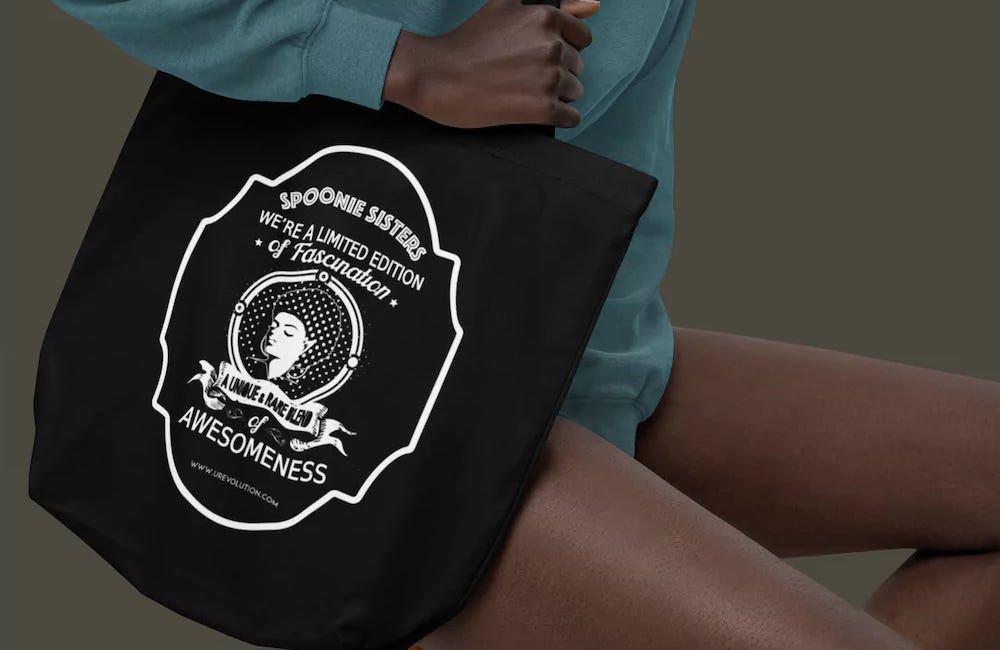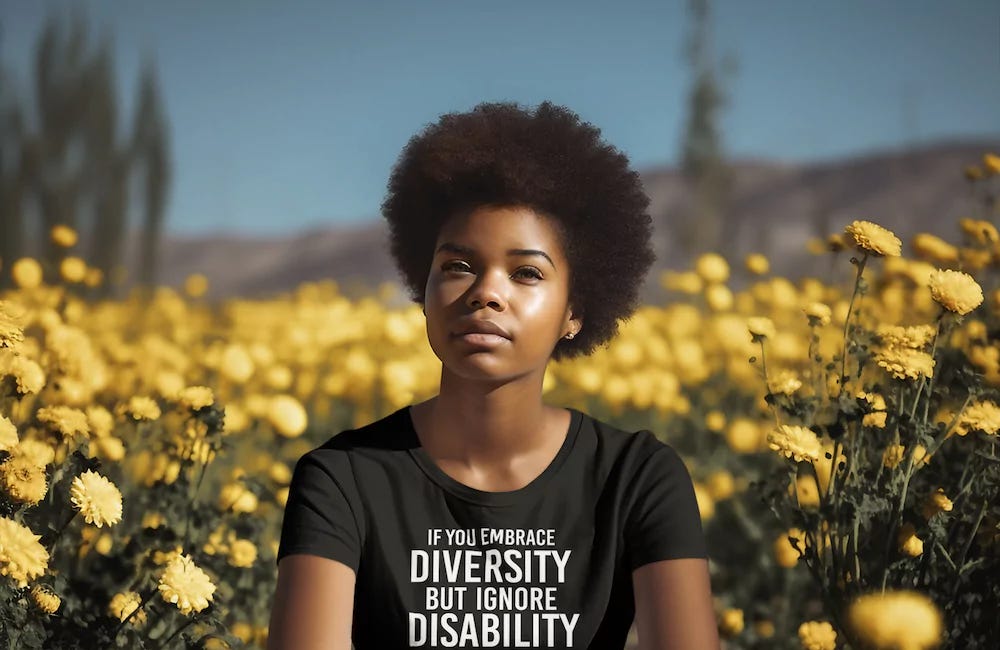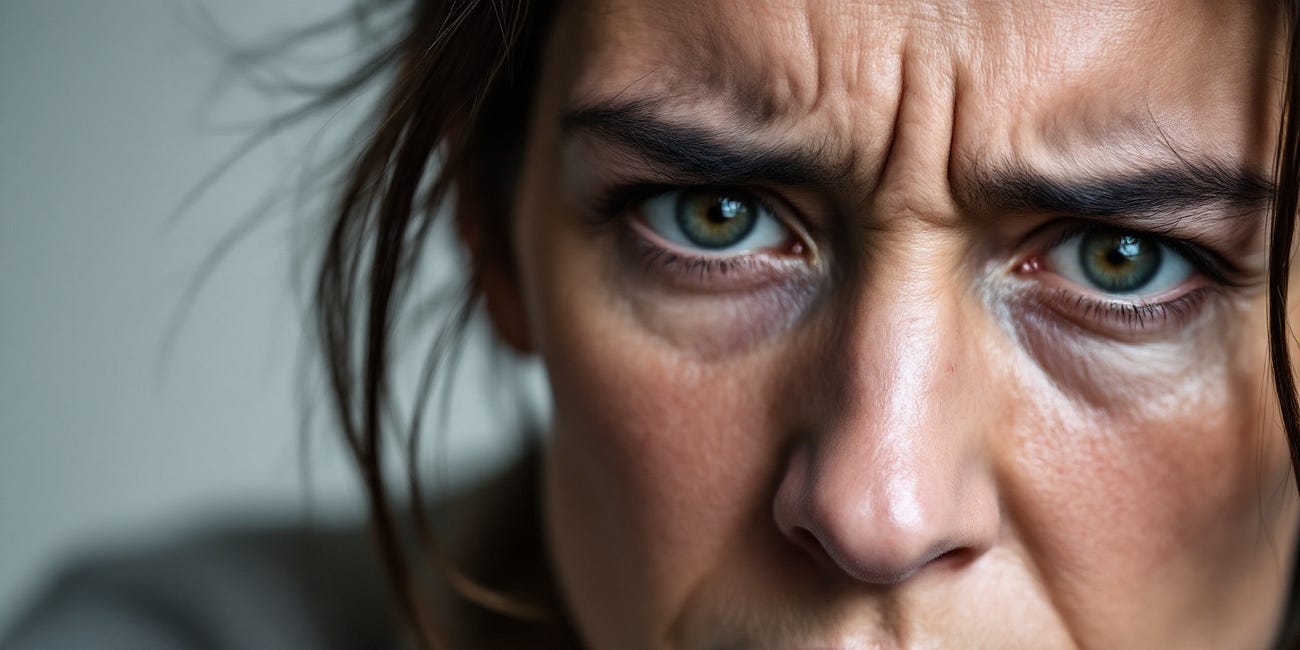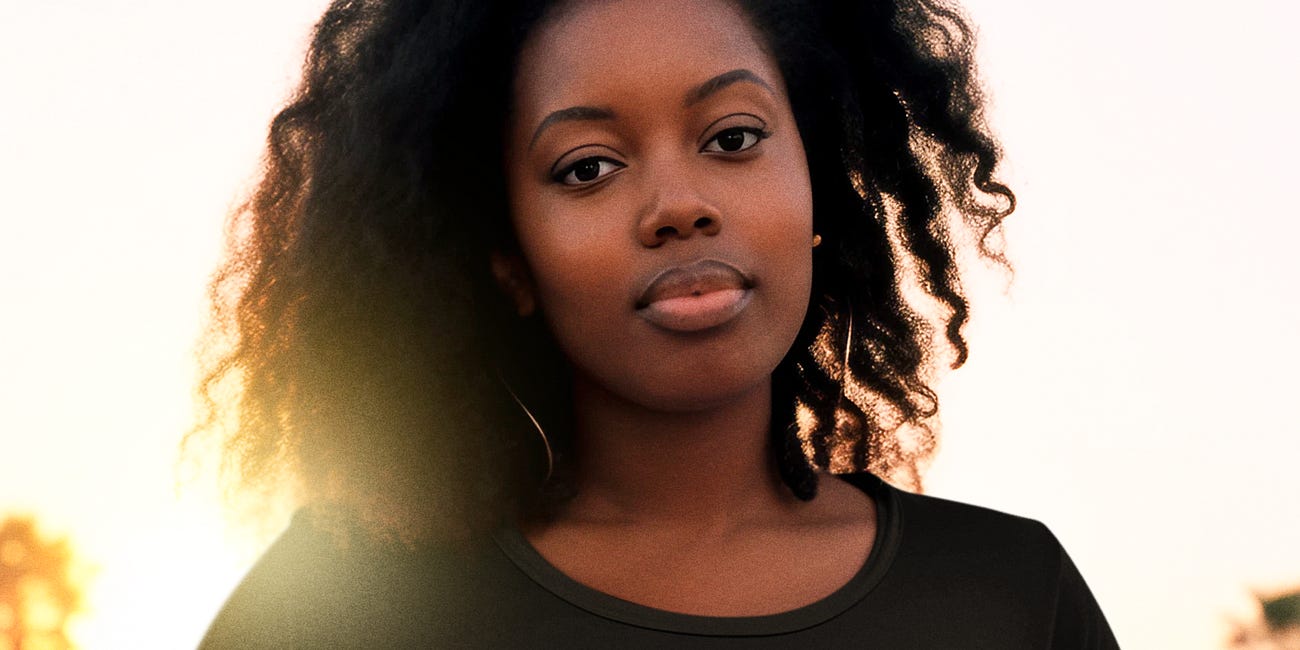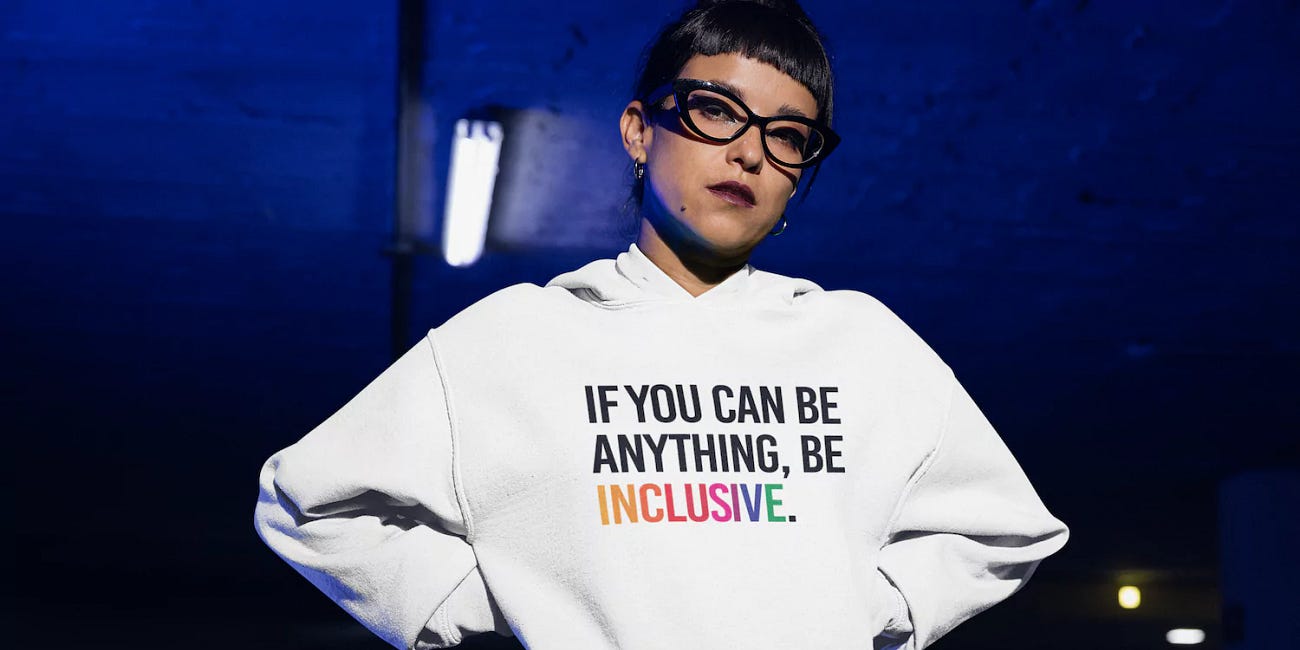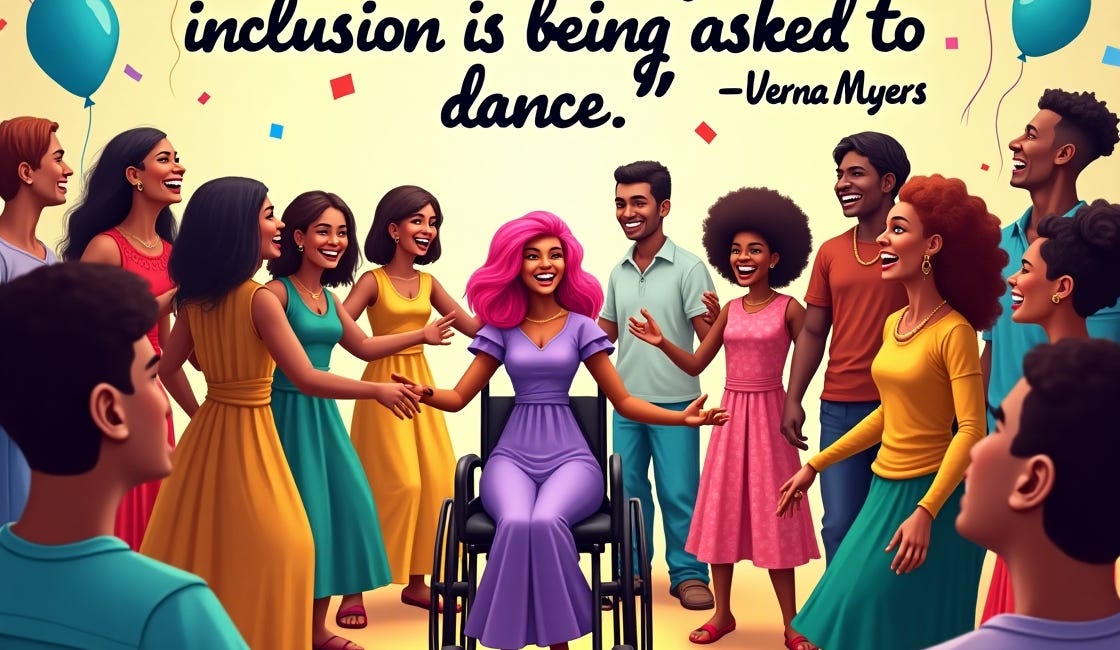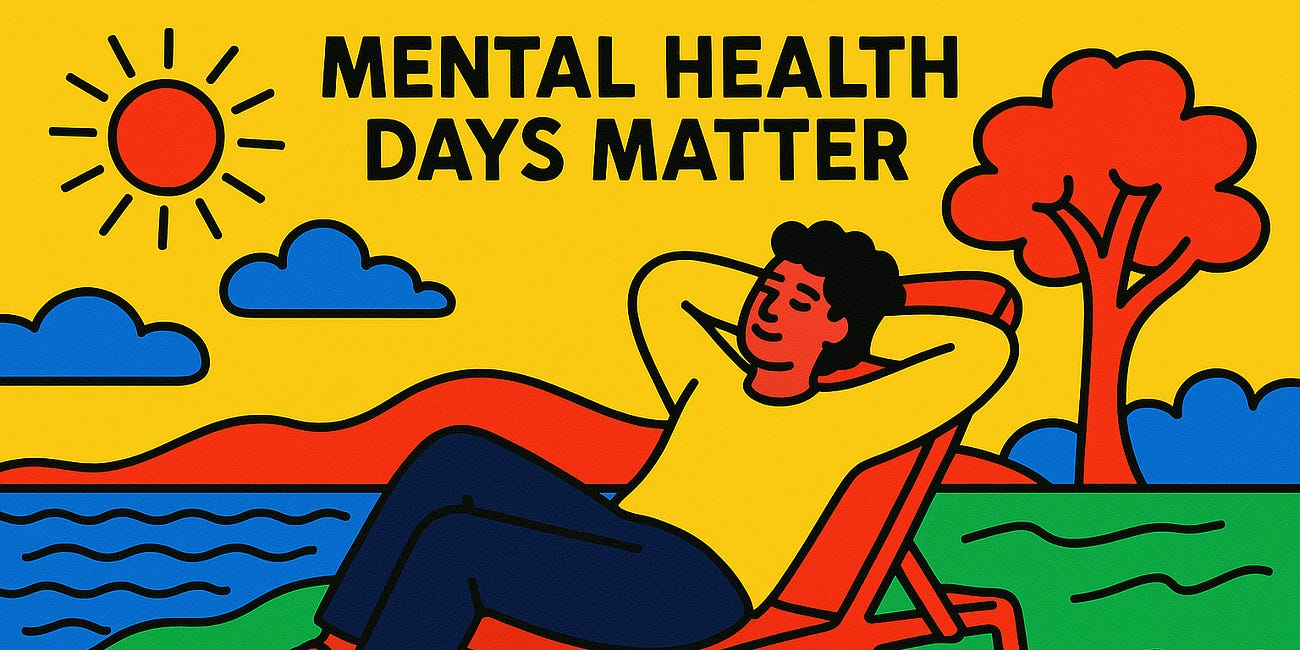🧠 What Is a "Typical" Child? A Reflection on Labels, Language, and Ableism
What does it really mean to call someone “typical”? And who gets to decide?
In a world obsessed with definitions and diagnoses, India Ochs unpacks the loaded language we use around children, disability, and identity. The original personal essay doesn’t just ask “what is a typical child?”—it invites us to question why we even use that label in the first place. While many think the word “typical” is harmless or even helpful, it often carries unintended harm, especially when used in contrast with disability.
Ochs’ powerful reflection goes beyond the personal—it challenges deeply ingrained societal norms and examines the pervasive nature of ableism, from everyday Facebook threads to professional speech-language practices. She questions how casually we apply labels for a person with a disability, and urges readers to reflect on why we don’t say what we really mean. After all, as she reminds us, labels are for bottles, not people.
The piece resonates with anyone who has ever been told to “just get over it,” and it speaks directly to readers who value inclusion and neurodiversity. It’s also a thoughtful follow-up to debates around disability terminology, such as “is saying special needs offensive?”
📰 Read the full personal essay here:
👉 What Is a Typical Child? Rethinking Labels & Ableism

Read:
Words Hurt: Understanding and Challenging Ableist Slurs
Every day, we use language shaped by culture, habit, and history. But some of that language reinforces deeply embedded discrimination—especially toward disabled people. Ableist slurs are more than just "bad words." They are linguistic reflections of systemic ableism, designed to belittle, dehumanize, and exclude.
How Humor Helps People with Chronic Illness Cope | Spoonie Humor
Between unsolicited medical advice, exhausting doctor visits, and managing symptoms, sometimes the only thing left to do is laugh through the chaos. Humor isn’t just entertainment—it’s a survival tool for many in the chronic illness and disability community.
ADHD Ableism: The Hidden Struggle You Didn’t Know Existed
That’s ADHD ableism—and for many of us, it started long before we even knew we had ADHD.
What Is a Spoonie? Living on Limited Energy Every Day
I never expected to measure my life in spoons—but here I am, decades into living with fibromyalgia, chronic fatigue syndrome (ME/CFS), and peripheral neuropathy, counting my energy like it’s loose change at the bottom of my purse.
Does Diversity and Inclusion Include Disability?
Diversity, equity, and inclusion (DEI) have become central to corporate and organizational policies worldwide. But when companies talk about fostering inclusivity, one crucial group is often left behind: disabled people.
Tears of the Last Person: Sarcasm for Spoonies & Disability Advocates
We’ve combined witty, sarcastic designs with a bold stand against ableism and unsolicited advice. Whether it’s calling out ignorant remarks with “Tears of the Last Person That Said Something Ableist” or rolling your eyes at off-base medical suggestions with “
What Does Endometriosis Pain Feel Like? Real Stories & New Voices in 2025
Endometriosis is more than just a "bad period." It's a chronic, often debilitating condition that affects one in ten women and people assigned female at birth. Despite its widespread impact, endometriosis remains underdiagnosed, misunderstood, and dismissed.
Witty & Funny Responses to Everyday Small Talk
Tired of the same old boring small talk? URevolution has you covered with two hilarious guides that will have you breezing through social interactions with style and wit.
OCD Groinal Response: Understanding & Treating Intrusive Thoughts
OCD groinal response is an often misunderstood but common experience among individuals with obsessive-compulsive disorder. This article explores why it happens, its neurological basis, and evidence-based treatments that can help manage intrusive thoughts effectively.
Intent vs. Impact in Relationships: Why Both Matter
Have you ever said something with good intentions, only to realize it hurt someone? It’s a common dilemma—one that highlights the crucial difference between intent and impact in relationships.
Not All Disabilities Are Visible: Understanding Hidden Disabilities
When we think of disability, we often picture visible signs—wheelchairs, canes, or hearing aids. However, many disabilities remain hidden from the naked eye, affecting millions of people worldwide. From chronic illnesses to mental health disorders and
What Does an Emotional Wound Look Like?
Emotional wounds are often invisible, yet they shape how we navigate life, relationships, and self-worth. Unlike physical injuries, psychological wounds linger beneath the surface—manifesting as anxiety, avoidance, or unexplained anger.
Living with a Hypochondriac Partner: Navigating Love and Anxiety
Being in a relationship comes with its fair share of challenges, but when health anxiety enters the equation, it adds an entirely new layer of complexity. I’ve learned this firsthand—because my wife is a hypochondriac.
Why Do I Hide My Pain?
For years, I became an expert at hiding my pain. Not because I wanted to, but because the world taught me that showing it made me weak, dramatic, or inconvenient. Whether it was the sharp pangs of fibromyalgia or the deep fatigue of rheumatoid arthritis, I smiled through the suffering. I laughed when I wanted to cry. I masked the truth so well, even I b…
When Trauma Rewrites Who We Are
How do you explain the feeling of becoming a stranger to yourself? In this poetic and powerful reflection, one writer unpacks how vicarious trauma—the kind that seeps in from witnessing others' pain—can reshape personality, memory, and identity.
Let's Unpack What Exactly is Emotional Alchemy?
We’ve all been told to “just get over it”—but what if our emotions are trying to guide us, not derail us? In this powerful read, we explore what is emotional alchemy, how to emotionize your inner world, and why listening to your feelings can become your greatest strength.
Why Do I Have Anxiety About Going to Work Every Day?
If the thought of going to work fills you with dread, you’re not alone. Many people experience chronic anxiety about going to work every day—but too often, it’s misunderstood or minimized. Our latest article explores the real, systemic reasons why so many of us feel emotionally drained before we even clock in.
✊ How to Be Inclusive: Everyday Actions That Matter
It doesn’t take a grand gesture to be inclusive. Often, it starts with the smallest things: a seat saved, a pronoun respected, a moment of eye contact that says I see you.
Words That Spark Change: Quotes About Inclusion, Belonging & Equity
Inclusion isn’t a corporate checkbox—it’s a human need. In our latest post, we explore what it truly means to be inclusive, not just in policy but in everyday practice. Through a powerful mix of personal storytelling, quote curation, and reflection, we dig into the heart of inclusion, equity, and belonging.
Unpacking Schizophrenia: From Personal Reality to Public Perception
Schizophrenia is one of the most misunderstood mental health conditions, often misrepresented in the media and misunderstood in real life. URevolution’s recent trio of articles—"How to help someone with schizophrenia?", "Schizophrenia in the media: depictions of Jekyll or Hyde"
Why Mental Health Days Matter More Than You Think
At URevolution, we don’t just talk about inclusion—we live it. That means acknowledging that mental health is not a luxury, but a necessity. One of the most accessible yet underused tools for self-care is the mental health day. But what is a mental health day exactly? And how can it help us not just survive the grind—but actually thrive?
When Family Fails You During Cancer
What happens when the people you expect to lean on disappear the moment you need them most?
The "Do Not Do" List: Reclaiming Energy, Time, and Self-Respect
In a culture obsessed with productivity hacks, hustle, and bullet journaling every waking moment, a radical idea is quietly gaining traction: the “Do Not Do List.” Instead of adding more tasks to your to-do list, what if you started by asking what not
Schizoaffective Disorder and Intimacy: A Star-Crossed Engagement
I thought we were choosing rings. Instead, I was told I was “unsuitable to be a wife.”
Why We’re Wearing Red Instead: A Movement for Autism Acceptance
Every April, the world is encouraged to “Light It Up Blue” for autism awareness. But what if that campaign doesn’t speak for the very people it claims to represent?
💡 Emotional Intelligence: The Workplace Superpower You Can Learn
In an era of constant change, emotional intelligence (EI) is emerging as one of the most important predictors of workplace success, far beyond IQ or technical expertise. At URevolution, we believe emotional intelligence isn’t just a skill for better communication—it’s essential for building inclusive, resilient, and mentally healthy organizations.
Stopping Generational Trauma: A Comparative Essay on URevolution’s PTSD Narratives
URevolution’s collection of trauma-focused essays offers a compelling blend of personal storytelling, educational content, and systemic critique that sheds light on the enduring scars of childhood trauma. This essay examines three URevolution articles—
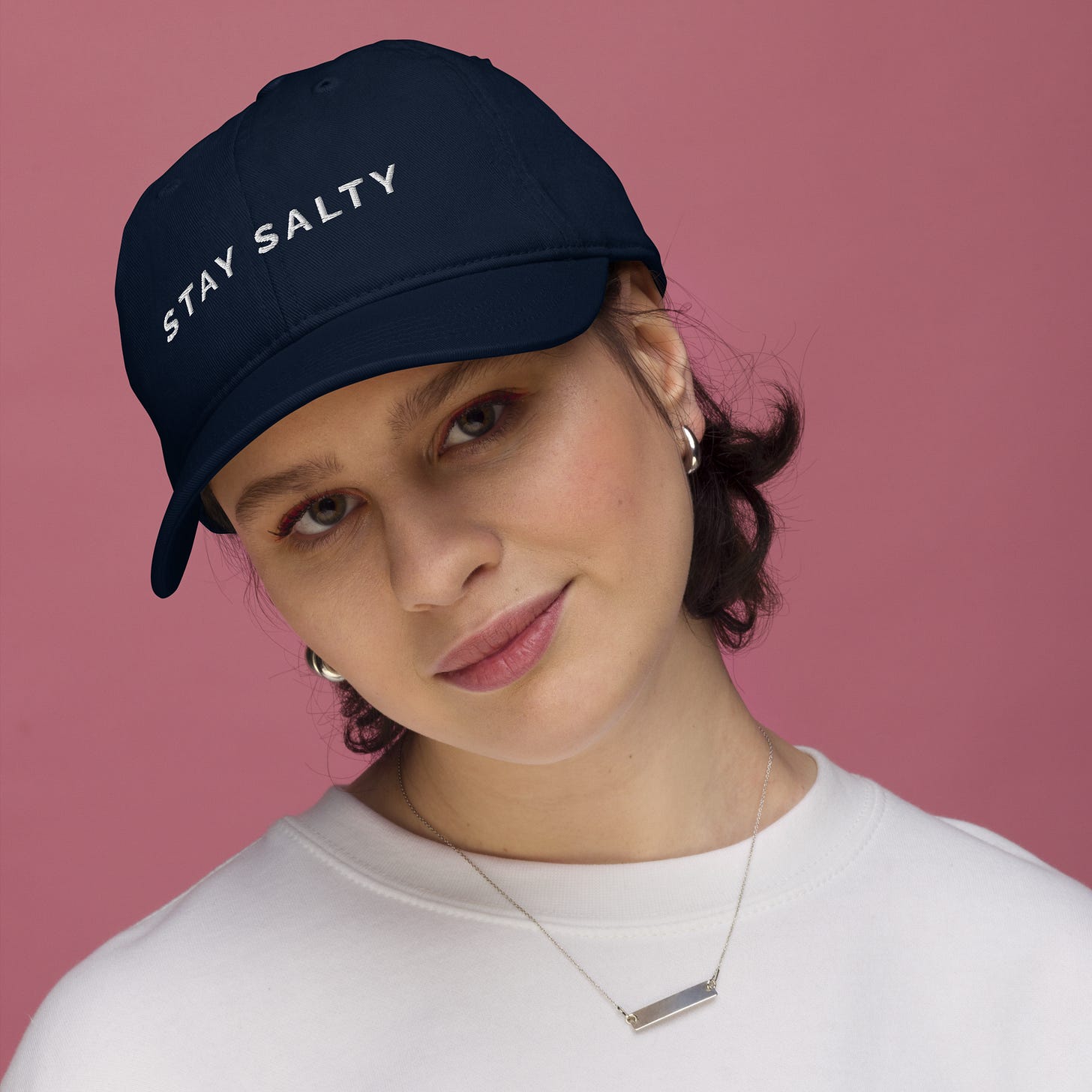
Explore URevolution’s full range of Diversity Caps here!









